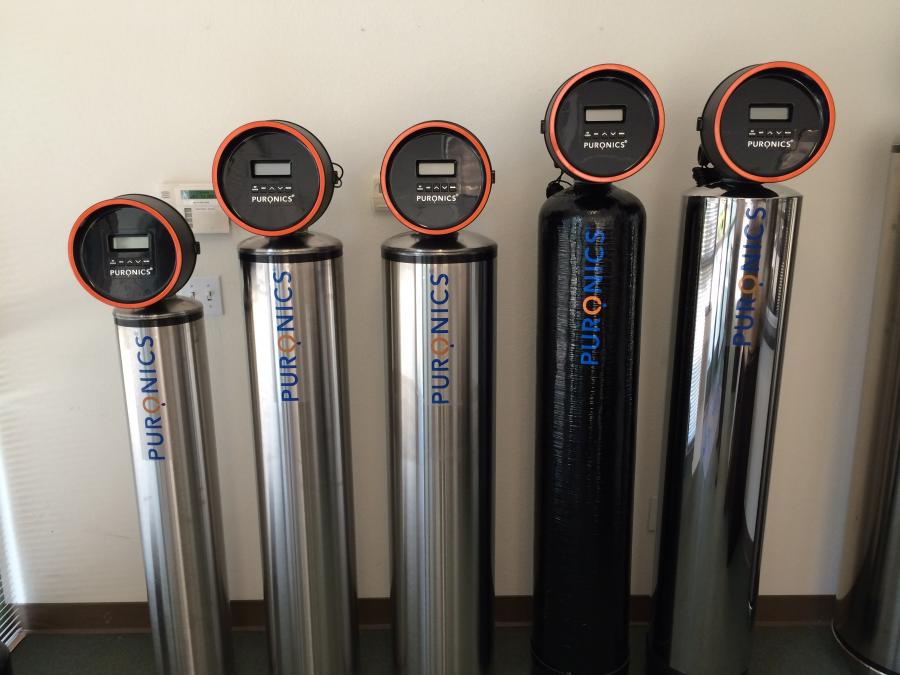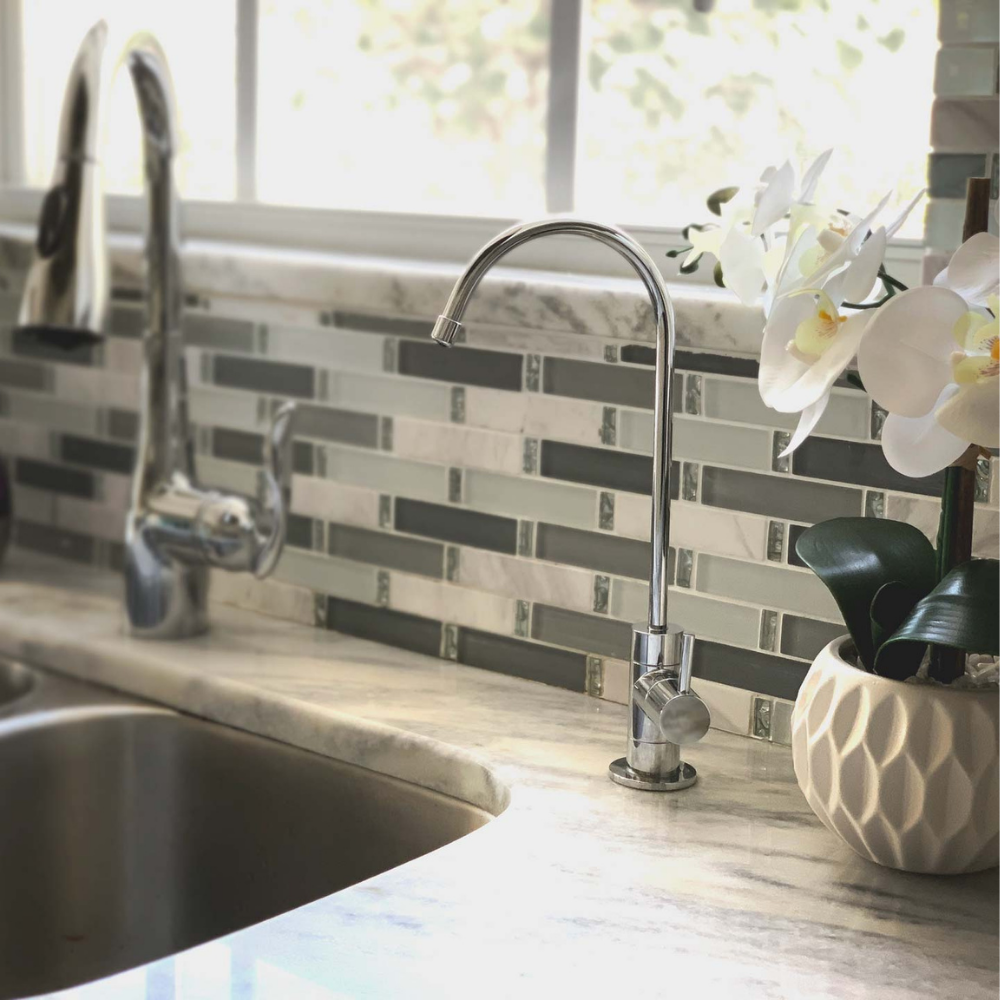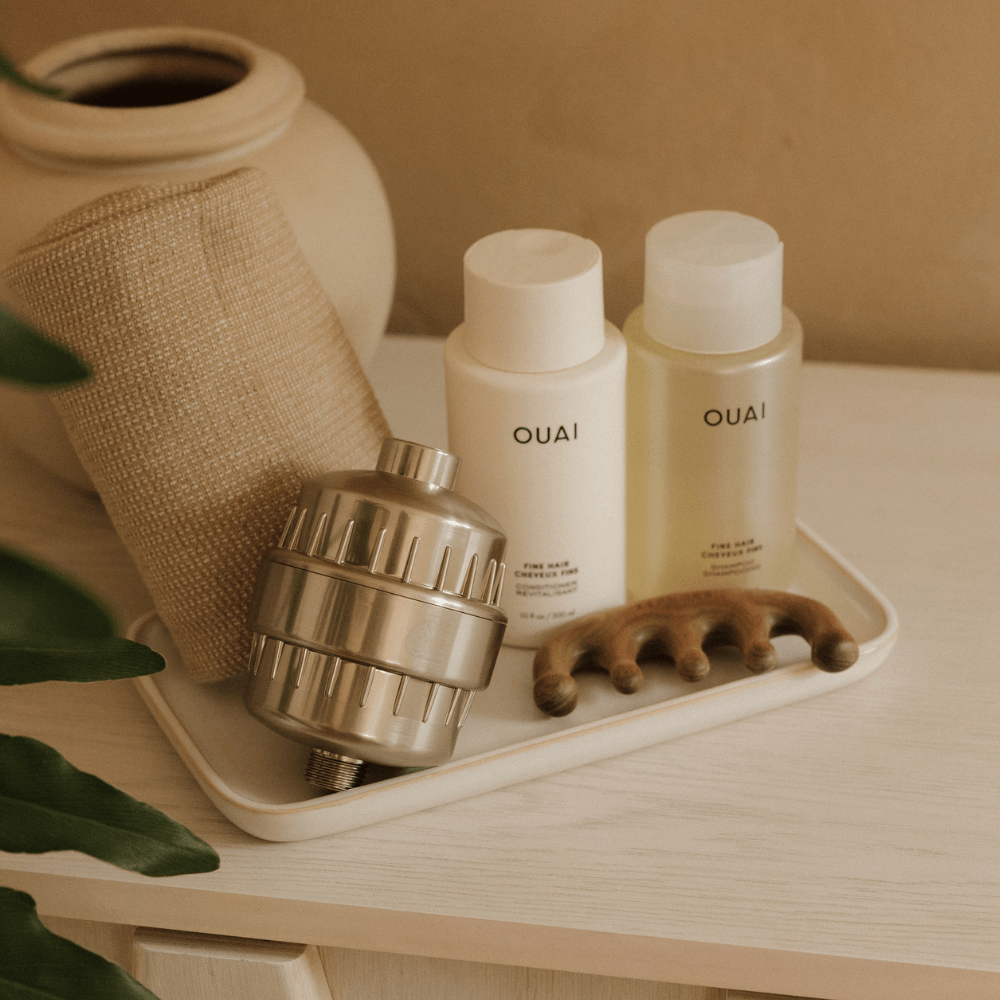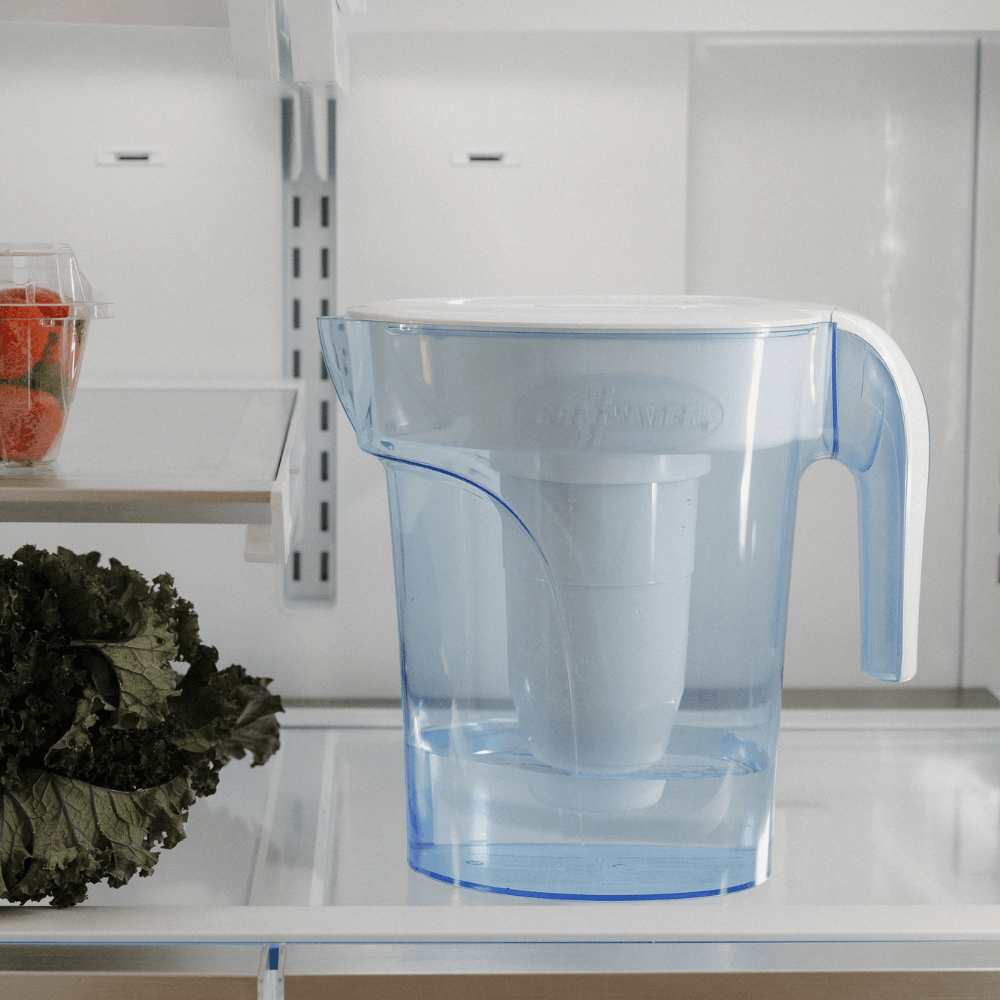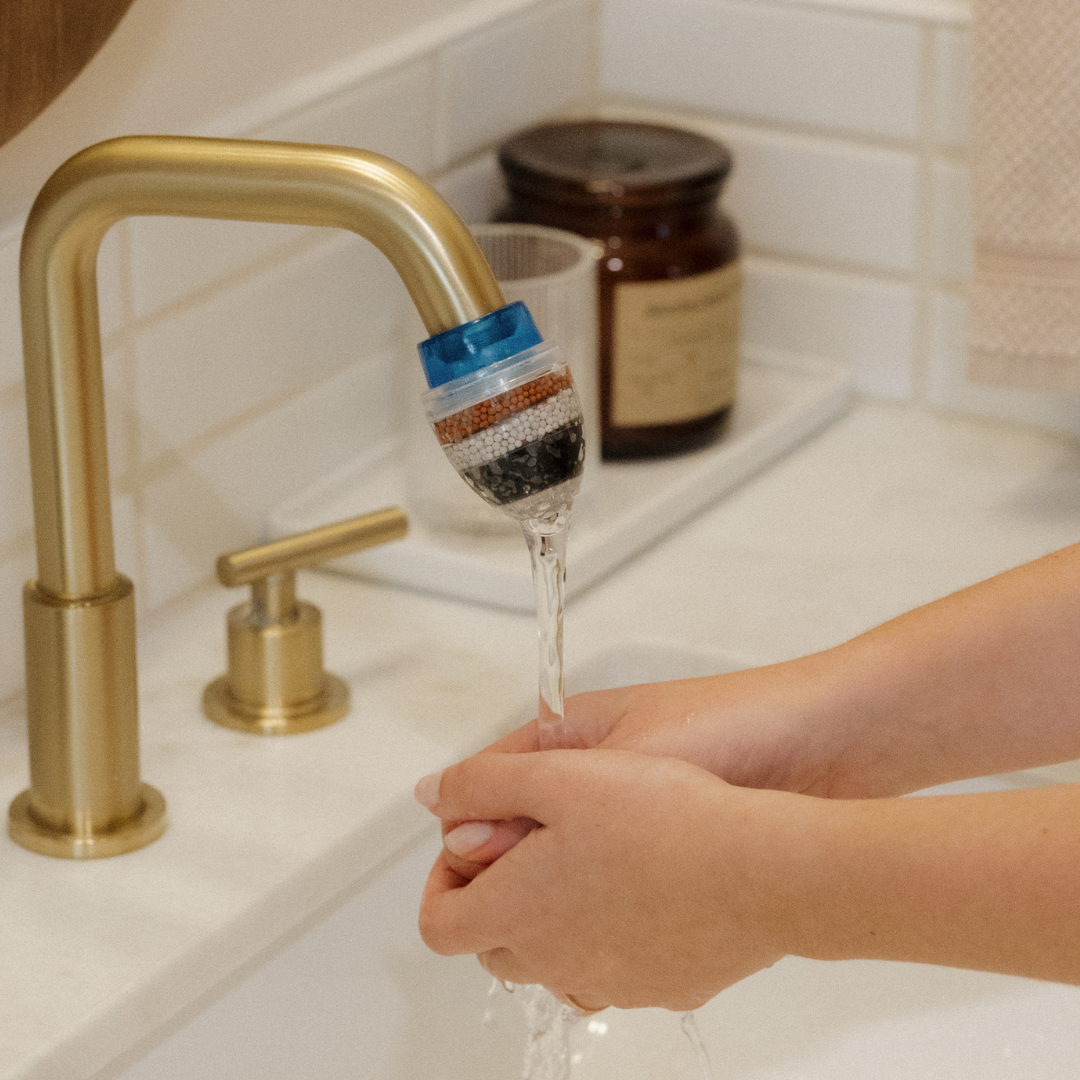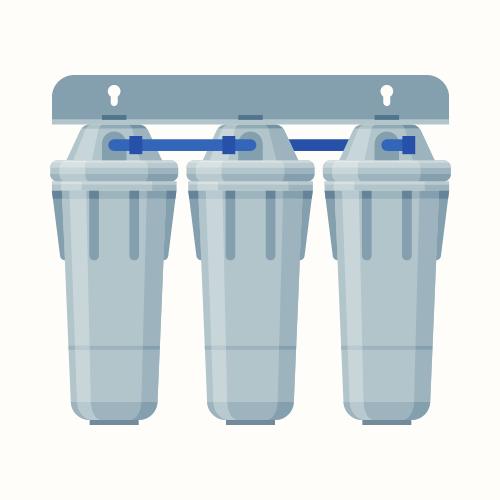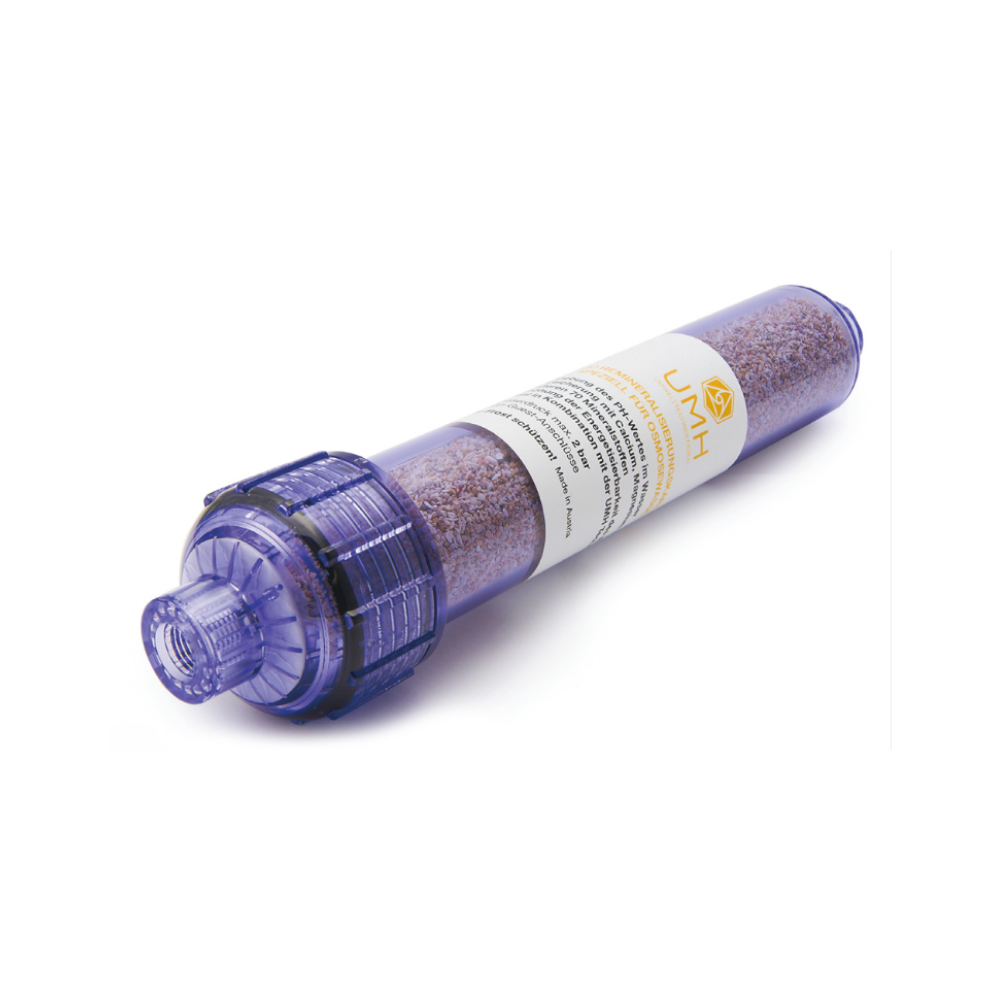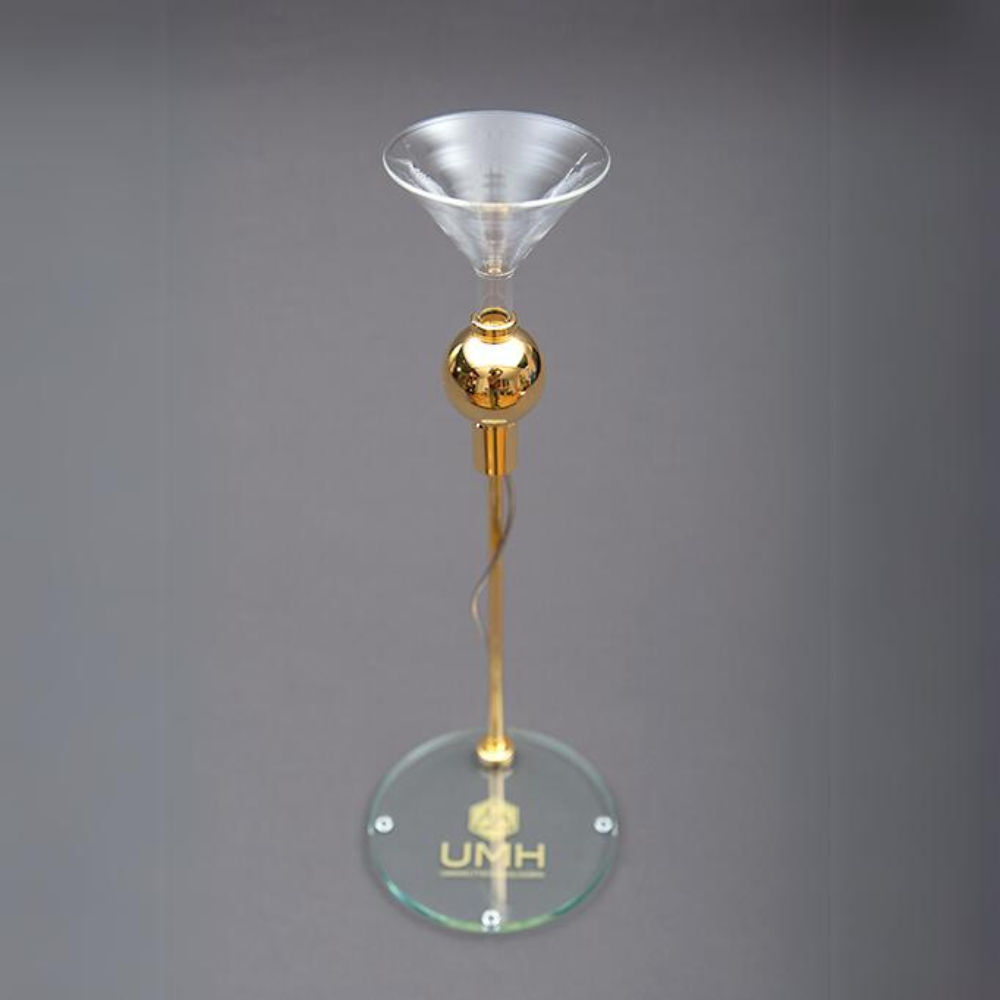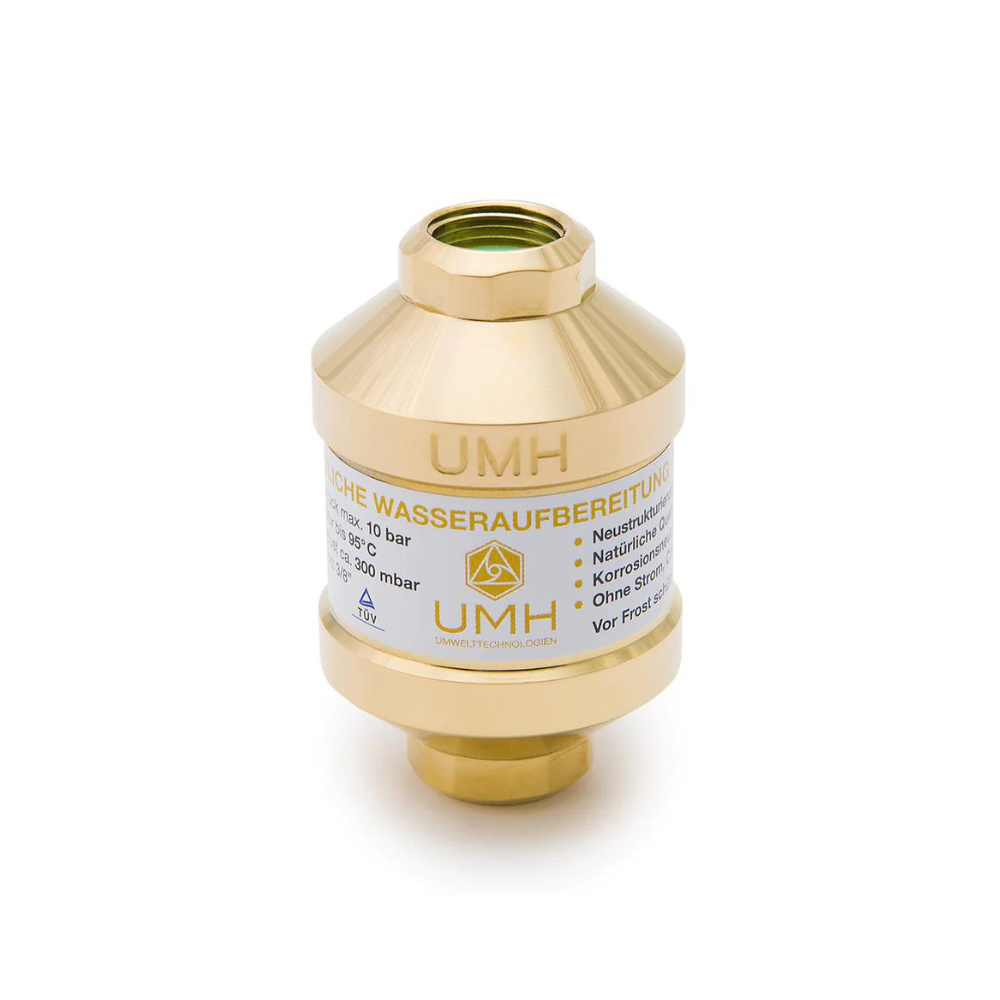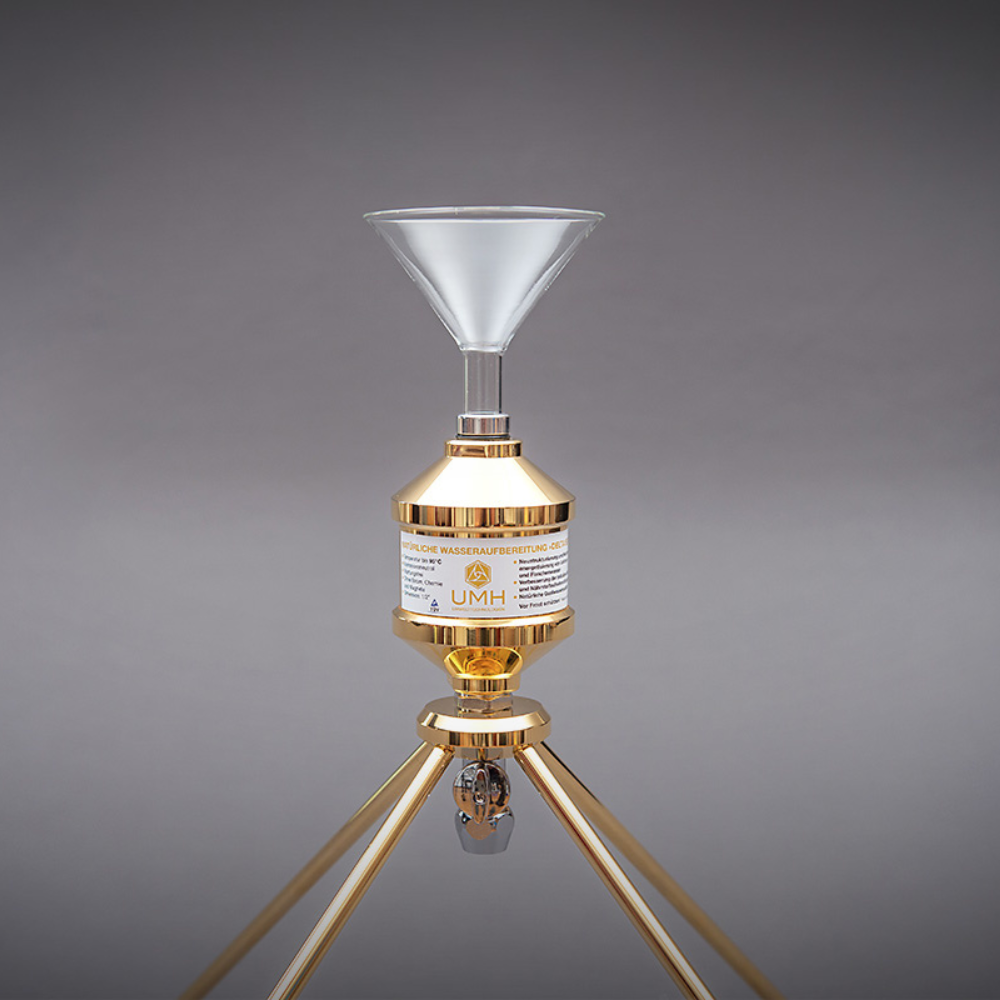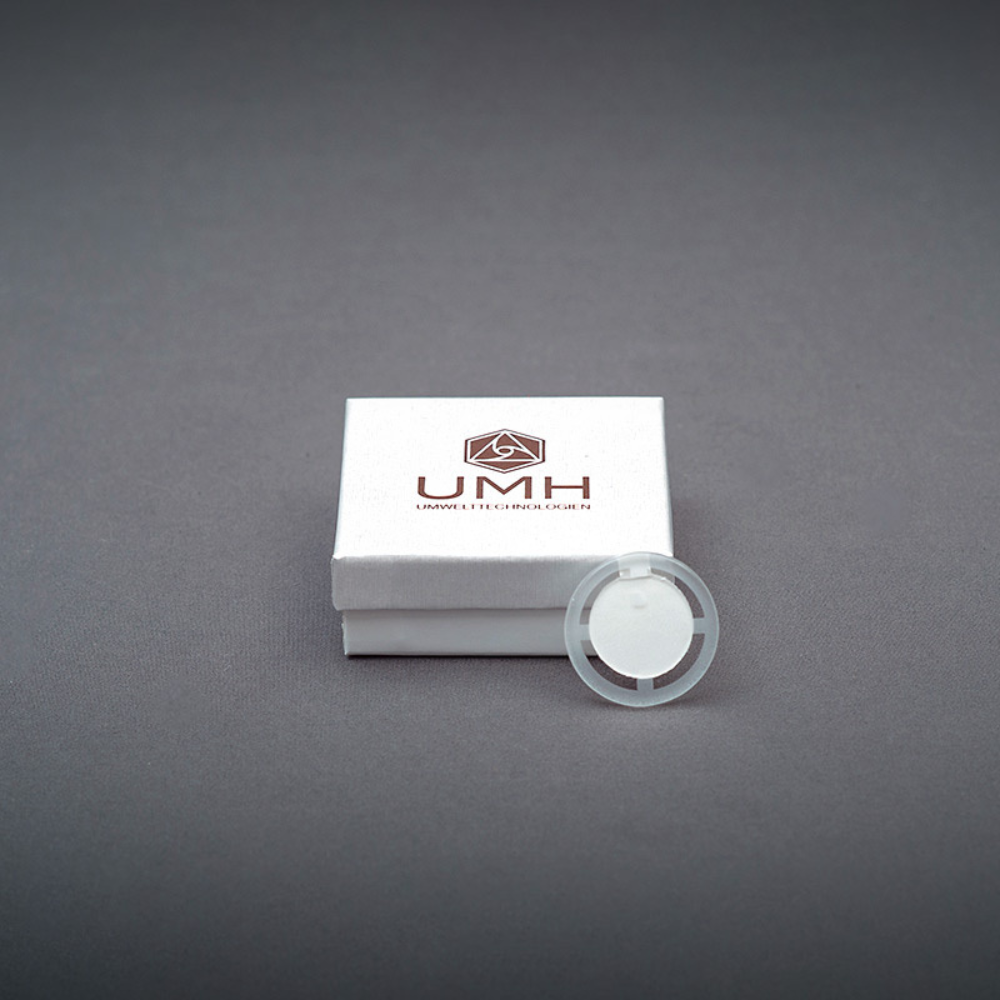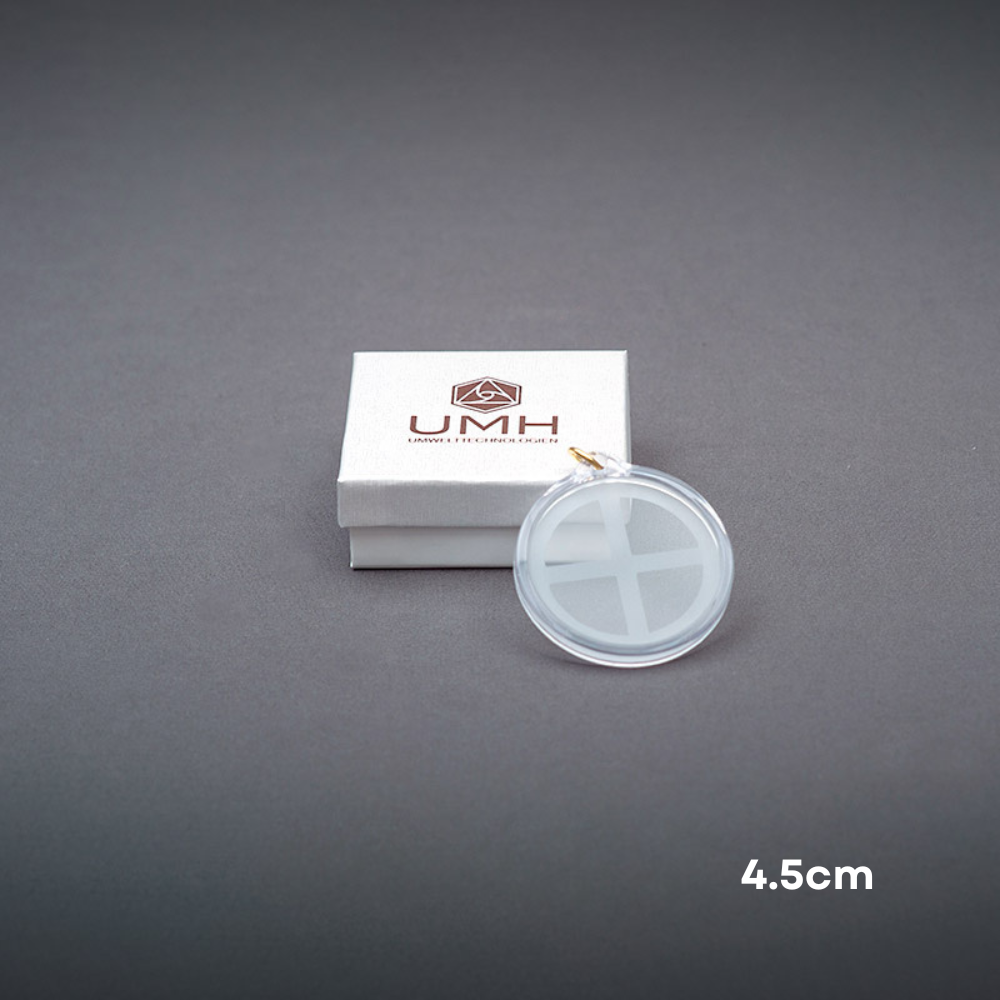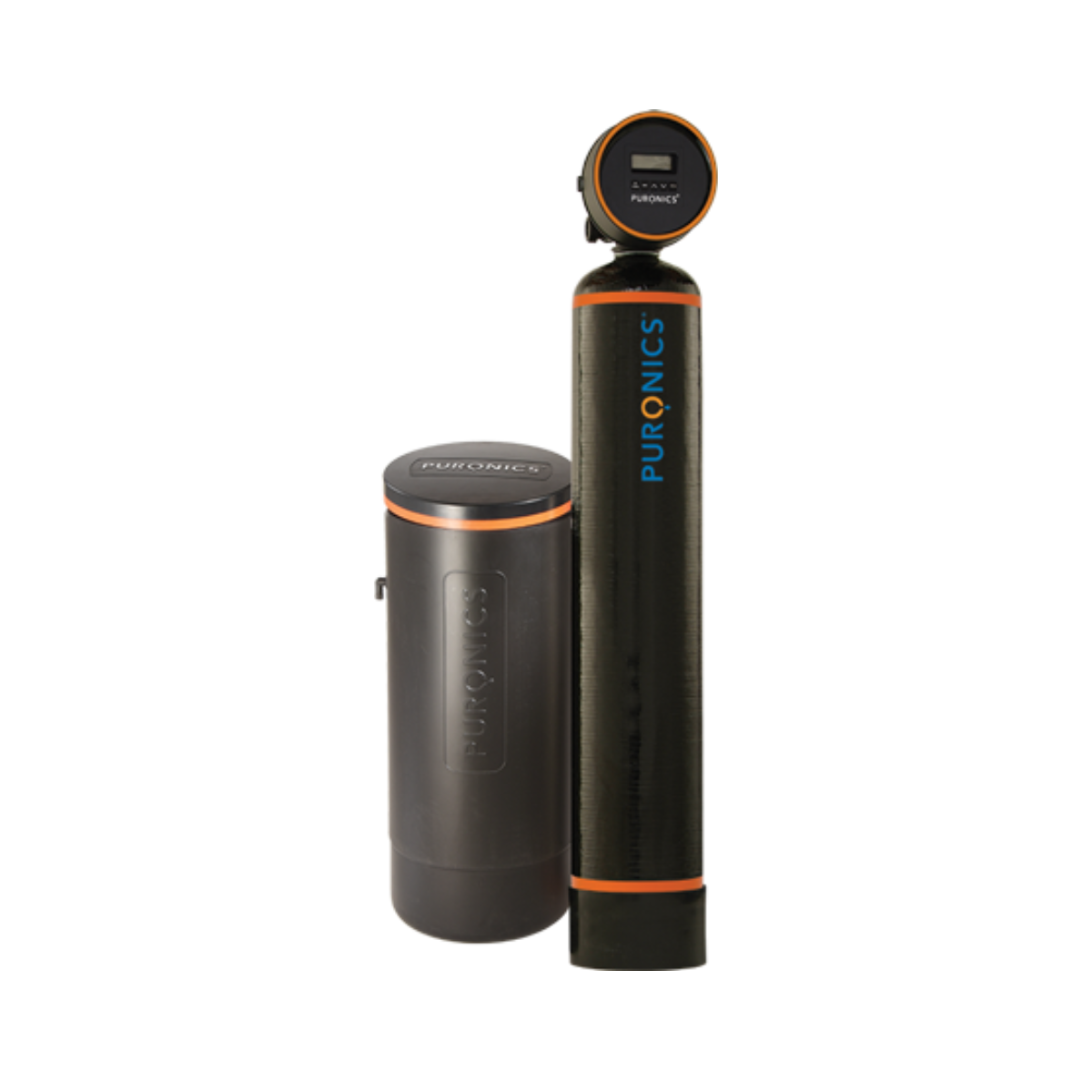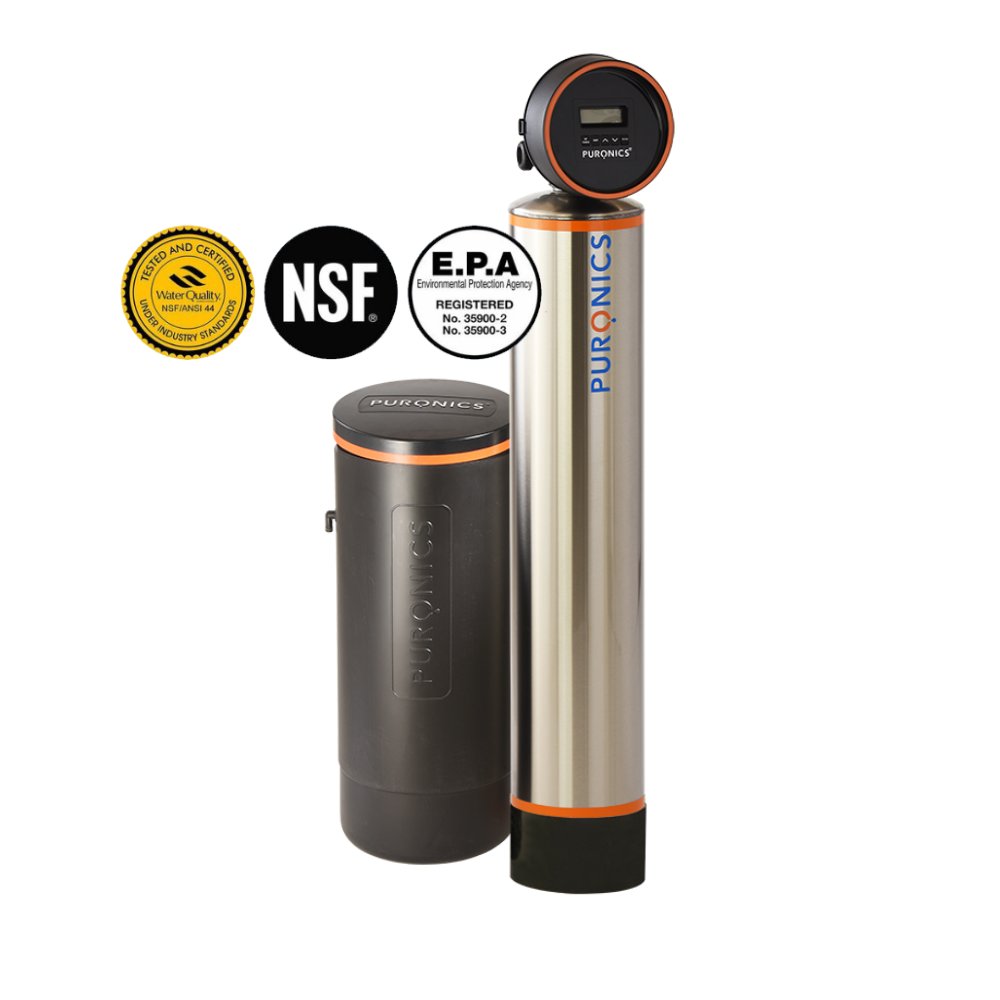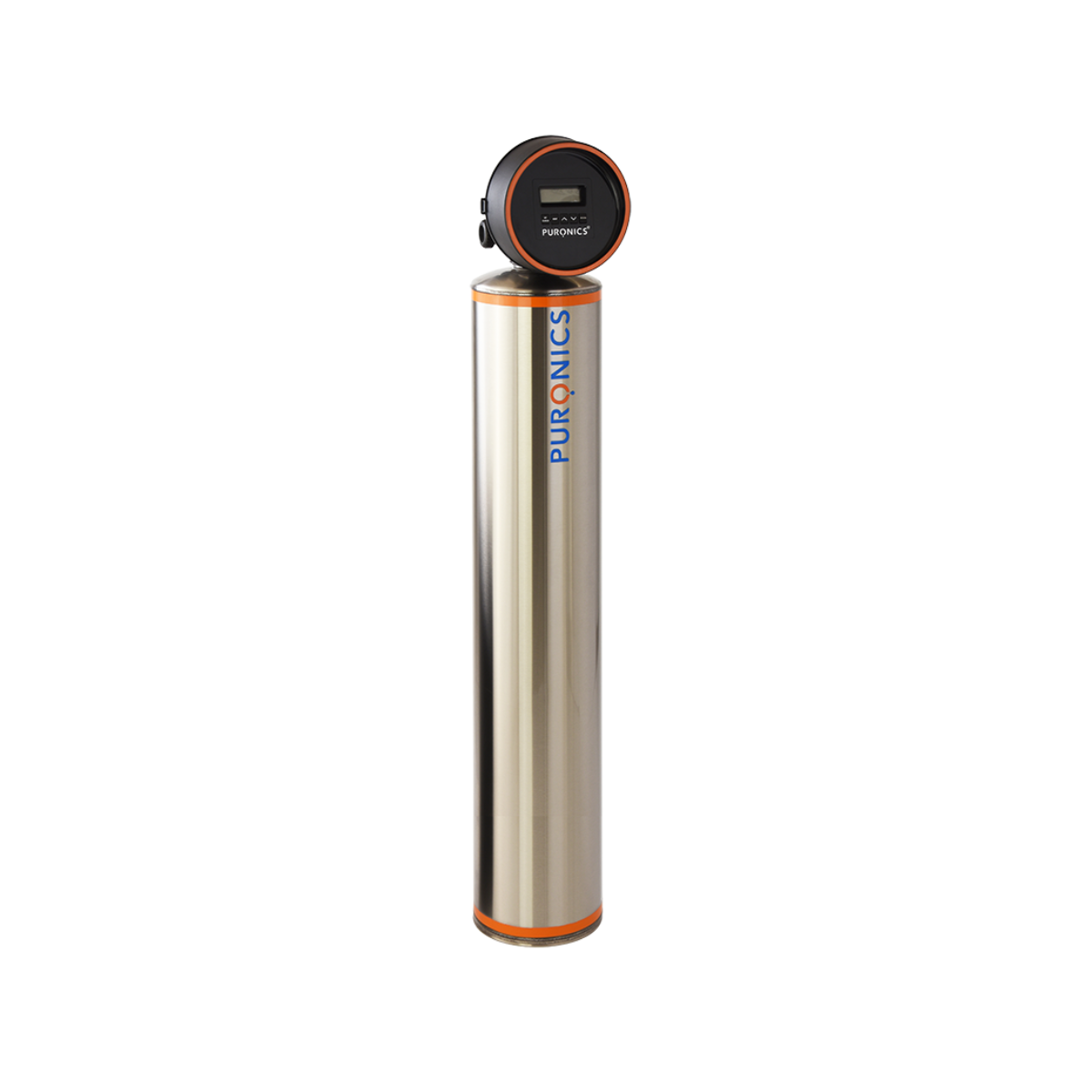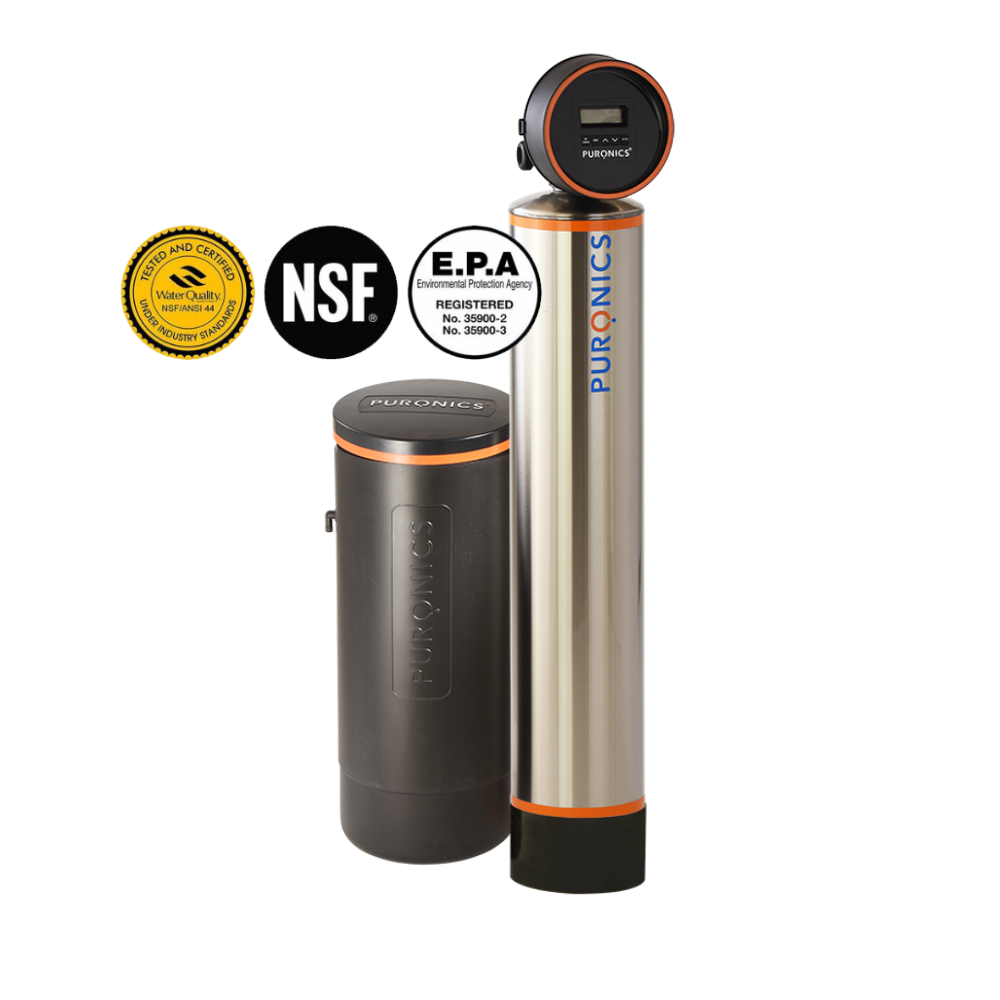What's In My Tap Water?
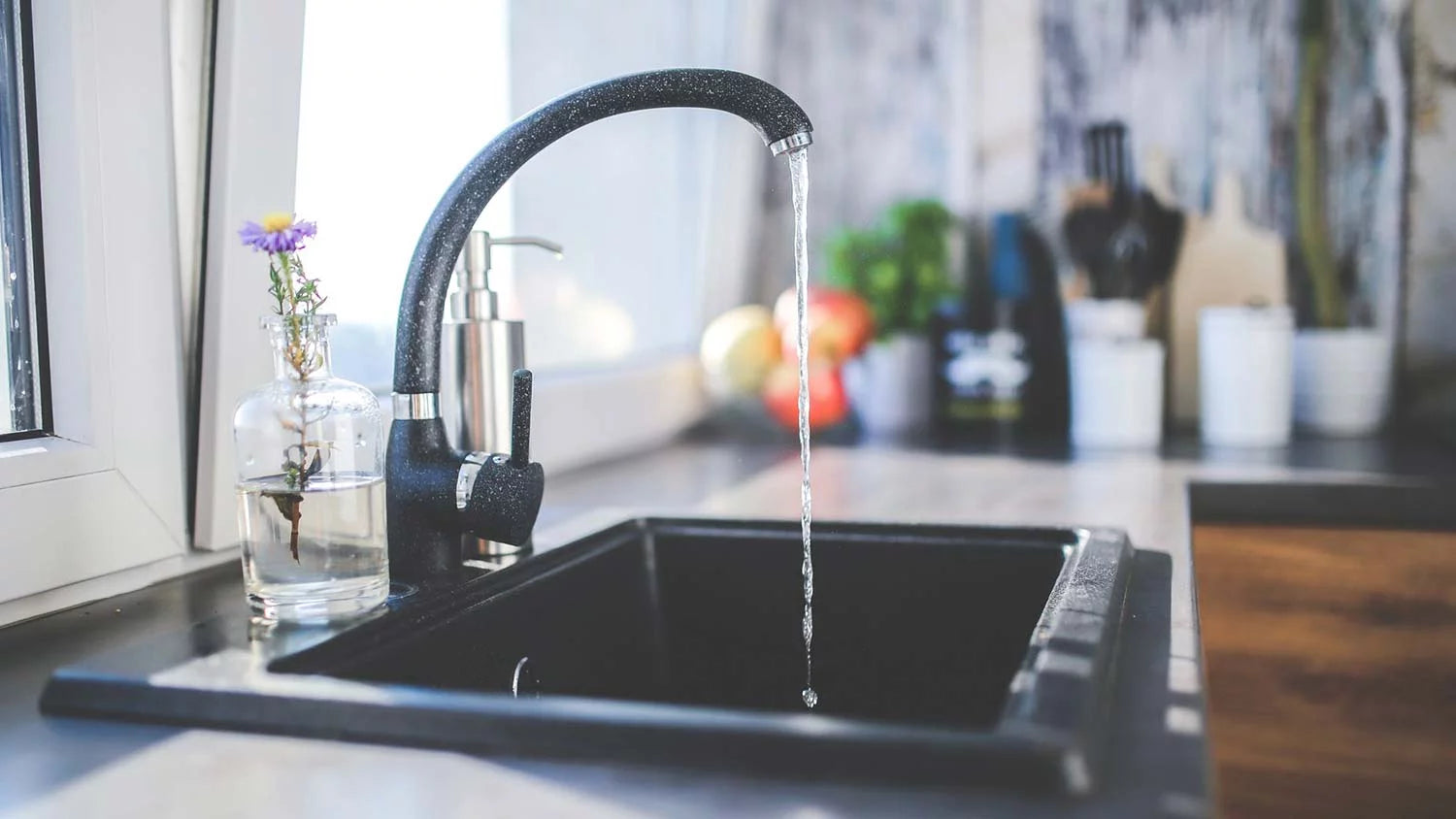
If you’re on the fence on whether or not a home water filtration system is worth it, consider the chemicals added into your water and whether or not you want to be ingesting them.
What’s the deal with chemicals in tap water?
You may have heard that tap water can be unsafe to drink because of its chemical content – but why are there chemicals there in the first place? Sometimes, chemicals are in our water systems due to runoff from pesticides or sprays used in agriculture. Or, the pipes underground by which the water is delivered to your home may be old, and traces of metal collect in your water. Chemicals are also added to town water supplies to neutralize other minerals that are there naturally. These are some common contaminants that trickle from the tap into your glass:

Chlorine
Chlorine has been added to water for decades as it effectively disinfect drinking water supplies, killing any bacteria in the water. However, when chlorine kills bacteria, the byproducts (trihalomethanes) can be hazardous to human health.
Fluoride
The same ingredient you’ll find in toothpaste, fluoride is added to tap water to help prevent tooth decay. This additive was implemented well before fluoride toothpastes and mouthwash were available for consumers. Now, scientists are looking at the effects of ingesting too much fluoride, and there are concerns that it can affect the nerve and brain cells.
Lead
Lead was once commonly used as a building material for pipes before we understood the hazards of lead poisoning. In older buildings, its possible that the infrastructure still contains lead in the pipes. As the water passes through the pipes to reach your tap, small particles accumulate in the stream. Lead is considered extremely dangerous to consume, as it accumulates in your body.
Copper
In place of lead, copper became more popular for building pipes. Though not as dangerous as lead, and actually one of our dietary requirements, high levels of copper can be dangerous to humans. People who rely on wells for water in their homes should be especially careful to monitor for copper, as the mineral is found in rocks and soil and can leach into the water supply.
Nitrates
Nitrates are a compound of nitrogen and oxygen, often found in fertilizers. Nitrates do naturally occur in water, however, in agricultural areas, water can contain high levels of nitrates that can be hazardous to our health. People in rural areas or those who rely on wells for their water supply should be especially careful to monitor their water for nitrates.
The best way to ensure your tap water is safe to drink, regardless of if you live in an urban or rural area, is to filter your water with a home filtration system. Reverse osmosis systems (or RO systems) get rid of chemicals, odor, and taste so that your tap water doesn’t smell like a public swimming pool. Filtering improves not only the composition of your water, but also the way the water interacts with your products, like shampoos and cleansers. At the very least, filtering your water will help you and your family avoid harmful chemical additives, contributing to your long-term health and wellbeing.
0 comments

